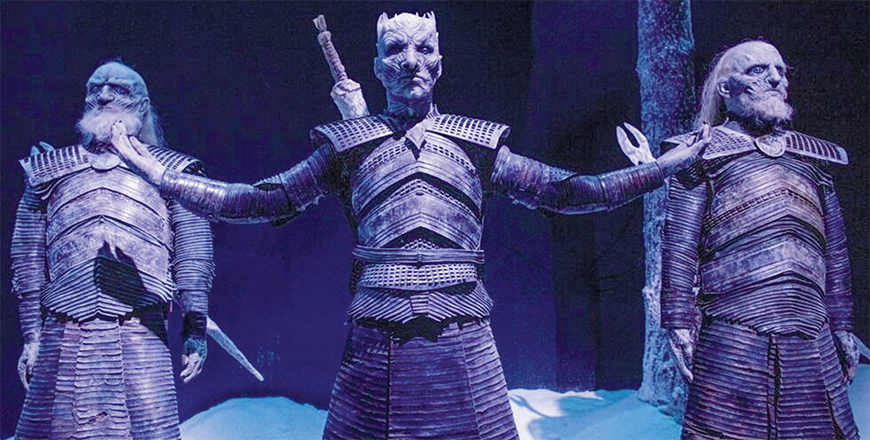You are here
Predictability may help toddlers learn new words
By Thomson Reuters Foundation - Sep 19,2018 - Last updated at Sep 19,2018

Photo courtesy of wordpress.com
Toddlers may have an easier time learning new words when they hear the words in the context of predictable events, a small experiment suggests.
“We know that young children in general are very good at forming expectations about what’s going to happen next, and they readily detect when something new or surprising happens,” said study co-author Viridiana Benitez, a psychology researcher at Arizona State University in Tempe.
But we do not know whether forming these expectations has consequences for learning, Benitez said by e-mail.
Benitez and colleagues tested what happened when 107 toddlers heard made-up words like “bosa”, “tulver”, “sarn”, and “pisk”.
During the tests, toddlers sat on a parent’s lap in front of a large screen. The screen showed four closed boxes, one in each corner of the screen. Inside the boxes were pictures of unfamiliar shapes.
In the first part of the experiment, the boxes opened one at a time, always in the same order. But while the sequence of box openings was predictable, the object inside the box was not.
After the boxes had opened and closed in the same order five times, the researchers started assigning the made-up words like “sarn” and “bosa” to the weird objects inside the boxes.
The children heard the name of the object after the box opened and their gaze was fixed on that box.
In half of the trials when the children heard names for the objects, the boxes opened in the expected order. In the other half of the object-naming trials, a box would open out of order.
The researchers tracked where the children were looking with a special camera mounted beneath the screen. They used the child’s gaze to test whether the child learned the novel words. For example, two objects were shown on the screen, and the children were asked questions like, “Where is the sarn?” Researchers used the eye-tracking camera to see if the children looked at the correct object.
In this way, the researchers compared how well children learned the names of objects when the boxes opened in the expected order versus how well they learned when the boxes opened unpredictably.
“The results of our research suggest that knowing what will happen next can help toddlers learn new words,” Benitez said by e-mail. “Predictability may be an important factor to consider for understanding language and cognitive development.”
Parents may find that toddlers learn new words more easily when they have a set routine and are in familiar surroundings, Benitez added.
“When babies are learning language, they often hear lots of words in the presence of lots of objects,” Benitez said. “Knowing when and where an object will be when it is named may allow children to attend to it at the right time and process and learn the name for that object.”
There are several ways predictability might help with language learning, said Caroline Kistin, a paediatrics researcher at Boston Medical Centre and Boston University School of Medicine who was not involved in the study.
“Making predictions about upcoming events may enhance memory and may allow for faster information processing,” Kistin said by e-mail. “Predictable events may also allow young children to pay attention longer, while unpredictable events may be distracting.”
These findings, however, are at odds with some other research suggesting unpredictability might help children learn, said Natalie Brito of the Steinhardt School of Culture, Education and Human Development at New York University in New York City.
“These results were surprising as they were not consistent with recent infant findings showing increases in novel learning from violations of expectations,” Brito, who was not involved in the study, said by email.
“Violations of expectations may signal to the infant the need to further explore the situation, whereas when novel information is presented after a predictable event, learning may be increased due to heightened attention,” Brito added. “Overall, the current results suggest that predictability can influence learning.”
Related Articles
Programmes that encourage parents to read with their kids may teach more than just book smarts — a new study suggests they may also be assoc
Babies begin to learn words and what they mean well before they begin talking, and researchers are beginning to understand how they do it.&n
LILLE, France — From Dothraki and Valyrian in “Game of Thrones” to the Chakobsa desert tongue in “Dune”, American couple David and Jessie Pe

















